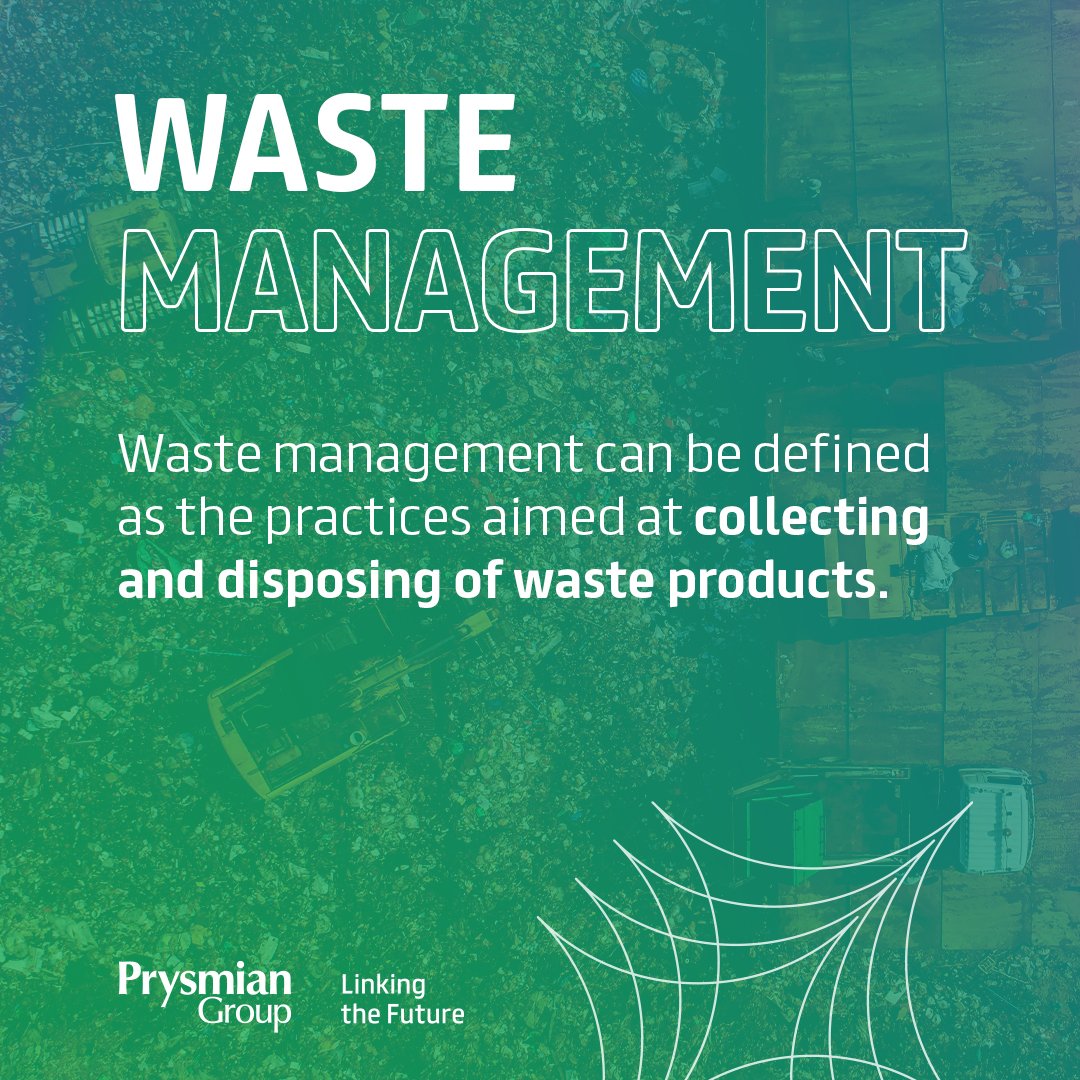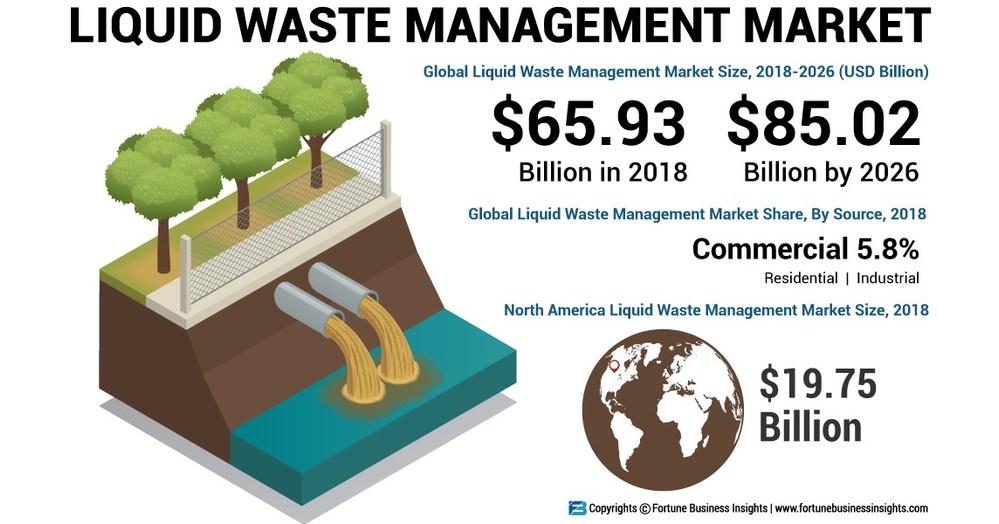Reclaim Waste for Beginners
Reclaim Waste for Beginners
Blog Article
The Basic Principles Of Reclaim Waste
Table of ContentsThe Greatest Guide To Reclaim WasteOur Reclaim Waste DiariesThe Ultimate Guide To Reclaim WasteReclaim Waste Can Be Fun For AnyoneSee This Report on Reclaim WasteAll About Reclaim Waste

Never place unsafe compounds down sinks, commodes or stormwater drains Substances consisting of fuel, oil, oil, chemicals and herbicides, and solvents such as paint strippers should not be poured down sinks, toilets or stormwater drains. These substances are hard to eliminate in the sewage treatment procedure and trigger contamination problems in our regional waterways.

Although liquid waste is a term that covers a wide variety of products, there's a great reason that leaving its disposal to the professionals is advised. Fluid waste is non-solid product that has no further usage and needs to be treated and gotten rid of according to regional, state and federal regulations.
The Of Reclaim Waste
Instances of liquid waste can consist of wastewater, fats, oils or oil, made use of oil, fluids, solids, gases or sludges and dangerous house fluids, there are some that are considered to be much more harmful than others when it comes to the atmosphere and the health of pets and humans alike. It's therefore that each state and region have actually rigorous regulations connected to fluid waste administration.
Liquid waste can be kept in holding containers or packaged in drums, intermediate mass containers or authorized tiny containers prior to either being dealt with or eliminated via outsourced vacuum cleaner vehicles. Offered the nature of the products, fluid waste can not enter the basic waste stream and there are strict policies on exactly how to deal with it correctly.
(https://reclaimwaste1.carrd.co/)Relying on a decision of the level of danger, it might be necessary to remediate those sites. On top of that, unsafe fluid chemical wastes are controlled waste and has to be tracked based on the state waste legislation. Under the chain of custodianship and responsibilities, proprietors are accountable and liable for waste created by a business.
Among the core applications for superabsorbent polymers (SAPs) is liquid waste solidification. liquid waste removal melbourne. SAPs are used by waste monitoring experts to stop possibly hazardous liquids from entering rivers, groundwater aquifers, and other sensitive environments. Due to the fact that liquids can quickly carry contaminants right into environmental receptors and possibly add to geotechnical failings, fluid wastes are often prohibited from disposal in garbage dumps
Things about Reclaim Waste
Generally, free fluids are fluids that divide from the solid part of waste product. Liquid waste can consist of the following: HDD mud and cuttings Land fill leachate Wastewater therapy sludge & biosolids Dug up sediments Oil and gas drill cuttings Resolving pond filth Hydro Excavation slurry Coal combustion residuals/ash Tank base sludge Concrete grinding/polishing slurry Relevant Short article: For a practical example of cost-free liquids separating from waste product, take into consideration the following situation: A waste management professional loads a dump associate sludge from a wastewater treatment plant's aeration container, throughout a routine upkeep event.
However, when the chauffeur reaches the land fill, he notifications water seeping from the sludge and pouring from the dump truck. The tons was turned down by the land fill and the vehicle driver was required to take care of the waste as a fluid waste at a special center, which enhanced the disposal charges tremendously.
We additionally need to be liable for the correct disposal of our waste materials. It is not enough that we pay waste disposal business to take care of our rubbish.
Some Known Factual Statements About Reclaim Waste

Segregating your waste can begin inside the home. Segregate completely dry and liquid waste as well as edible waste, naturally degradable and non-biodegradable products.
You can utilize old trash bin, container, yard pot or old plastic drums. Pierce 4 to 5 holes in the container so the air can distribute. Layer all-time low with dirt to take in the wet waste. Start the composting procedure. Layer the garden compost with damp and completely dry waste in addition to dirt to preserve an equilibrium between the wet and the completely dry.
Unknown Facts About Reclaim Waste
To assist in faster decay, you can additionally include semi composted soil to the compost. If you notice the odor is coming to be also solid, add added newspapers and paper waste or include even more openings to the garden compost container to maintain the equilibrium of the waste products.
We likewise need to be responsible for the proper disposal of our waste products. It is not enough that we pay waste disposal business to take treatment of our rubbish.
Our waste, our responsibility. Have you ever before questioned what happens to your liquid waste after it's collected? Did you understand that liquid waste can be recycled?
The Best Guide To Reclaim Waste
The suitable place is an excellent outside space with lots of sunlight and air. Segregate your waste. Segregating your waste can begin inside the home. Set apart completely dry and fluid waste in addition to edible waste, biodegradable and non-biodegradable materials. Always keep the lid on your containers to prevent insects, worms, flies, and undesirable odours.
You can utilize old garbage can, container, garden pot or old plastic drums. Pierce four to 5 openings in the container so the air can flow. Layer all-time low with soil to absorb the wet waste. Start the composting procedure. Layer the compost with wet and dry waste along with dirt to preserve a balance in between the damp and the dry.
Cover the compost Find Out More container. Once a week, add soil in addition to the garden compost. To help with faster decomposition, you can also include semi composted soil to the compost. Maintain the garden compost. If you observe the odor is coming to be too strong, add extra papers and paper waste or include even more holes to the garden compost bin to keep the balance of the waste materials.
Report this page